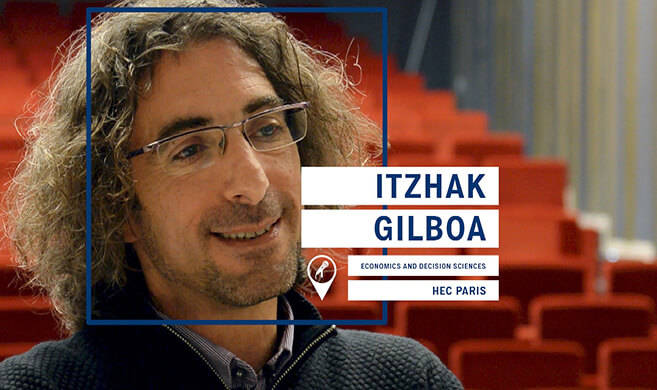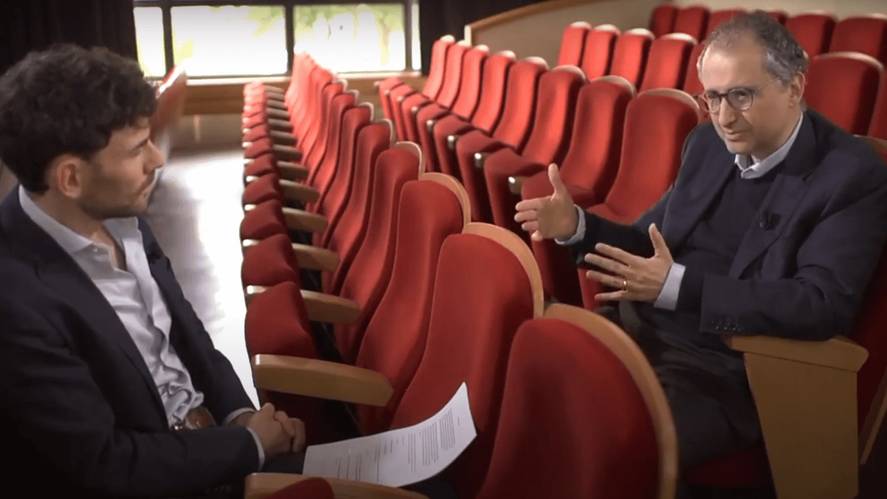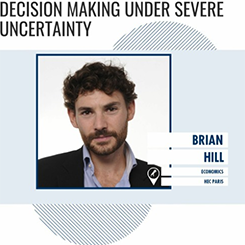How should governments decide in the face of the sorts of uncertainties involved in climate change, energy policy, genetically modified organisms or nanotechnologies, to take a few examples? And what role should scientist’s current state of knowledge and uncertainty play, and how can this uncertainty best be represented, communicated and incorporated into decisions?
The Uncertainty Across Disciplines project aims to paint a portrait of the current state of the art across a wide range of scientific disciplines and professions regarding the study of (severe) uncertainties, and decisions in the face of them.
Through a series of 10 interviews of leading experts and actors, the project presents the perspectives, results and positions in these fields, as well as individual viewpoints on the current and future state of research and practice.
Find the 10 interviews on this page, the video playlist on YouTube here, as well as the podcast playlist and a special podcast on the COVID-19 case.
These interviews will hopefully allow comparison, stimulate discussion, and foster communication and collaboration among these various actors.
- Brian Hill, CNRS Research Professor in the Economics and Decision Sciences Department at HEC Paris
Filmed interviews
Podcast playlist
If you prefer to listen only, click on the image to open the link:
Why is Coronavirus pandemic a particularly challenging case for decision-makers today?
In this podcast, Brian Hill provides tools for appropriate and rational decision-making through the notion of confidence in judgments. Click on the image to open the link:













